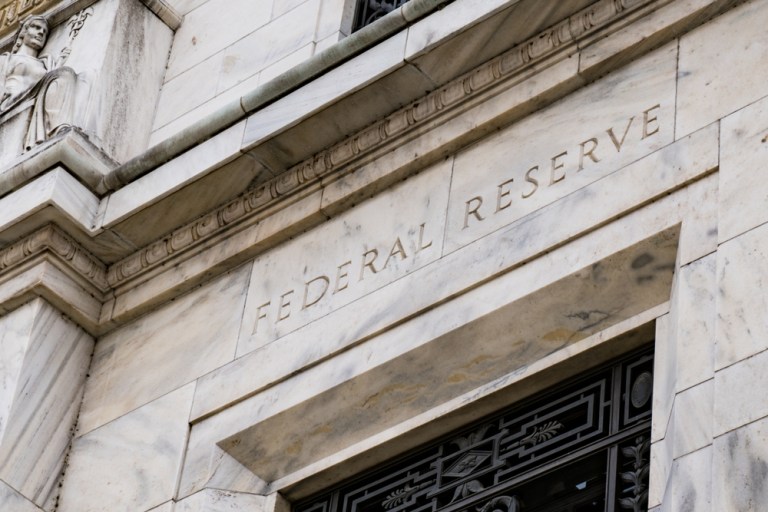Fed Weighs In On Bank Liquidity Ratio (And Other) Changes

Roughly a decade on, is it time to remove some of the rules governing the financial sector that took shape in the aftermath of the Financial Crisis of 2008?
To that end, the Federal Reserve proposed last week that some rules be relaxed for 16 financial institutions — though the largest banks in the country are not among them.
The Federal Reserve proposals will impact financial firms that have comparatively less size in terms of assets than some of their marquee brethren, where the largest companies include Goldman Sachs and Bank of America. The banks that are affected have $100 billion to $700 billion in assets, a tier that includes companies such as Capital One and U.S. Bancorp.
The latest changes proposed by the Fed come on the heels of the May 2018 passage of the Economic Growth, Regulatory Relief and Consumer Protection Act, which in turn scaled back a number of financial regulations introduced a decade ago in the aftermath of the 2008 Financial Crisis. As part of that legislation, Fed oversight had increased on banks holding between $100 billion and $250 billion in assets.
Amid a slew of changes, the liquidity coverage ratio mandate is changing. The rule stipulates that companies must have liquid assets such as Treasury securities on the books so that they can raise cash with speed during times of stress. The Fed has said it would relax the ratio for four firms and eliminate the mandate altogether for the other companies such as BB&T (though there are still other rules governing liquidity that would remain in effect).
Another big rule change would include annual stress tests — now relaxed to stress tests every two years for 11 of the banks. The New York Times reported that stress tests will still be in place for any bank with more than $100 billion in assets.
The Fed is inviting public comment on the regulatory changes through January of 2019.
Reg Oversight on Chinese Financial Firms to Broaden?
Separately, but also in the realm of financial company oversight, Reuters reported this past week week that Chinese authorities are examining new regulations that would deepen oversight on financial holding companies, and which would have an effect on Ant Financial and Alibaba. The state news agency there has reported that new regulations might take effect as early as next year — extending across conglomerates and state-backed entities such as China Merchants Group and Beijing Holdings Group. Legislation would focus on leveraging what the People’s Bank of China has said would be a “combination of macro prudential management and micro-prudential supervision” without elaborating on what those twin efforts might entail. In the latest quarterly results posted by Ant Financial, a net loss came for the period that ended on September 30, on the heels of heavy investment in markets including offline payments to underpin growth.
PSD2 News, Too
In the realm of PSD2, the National Law Review and other legal publications reported last week that the Dutch Supervisory Authority has adopted guidelines tied to the Payment Service Directive.
Under the clarification, as set forth by Dutch regulators, third parties seeking access to payment account information held by banks (a tenet of open banking) must distinguish their requests to process customer data from those requests that stand as broader requests for terms and conditions acceptance for services, as noted by Out-Law.com